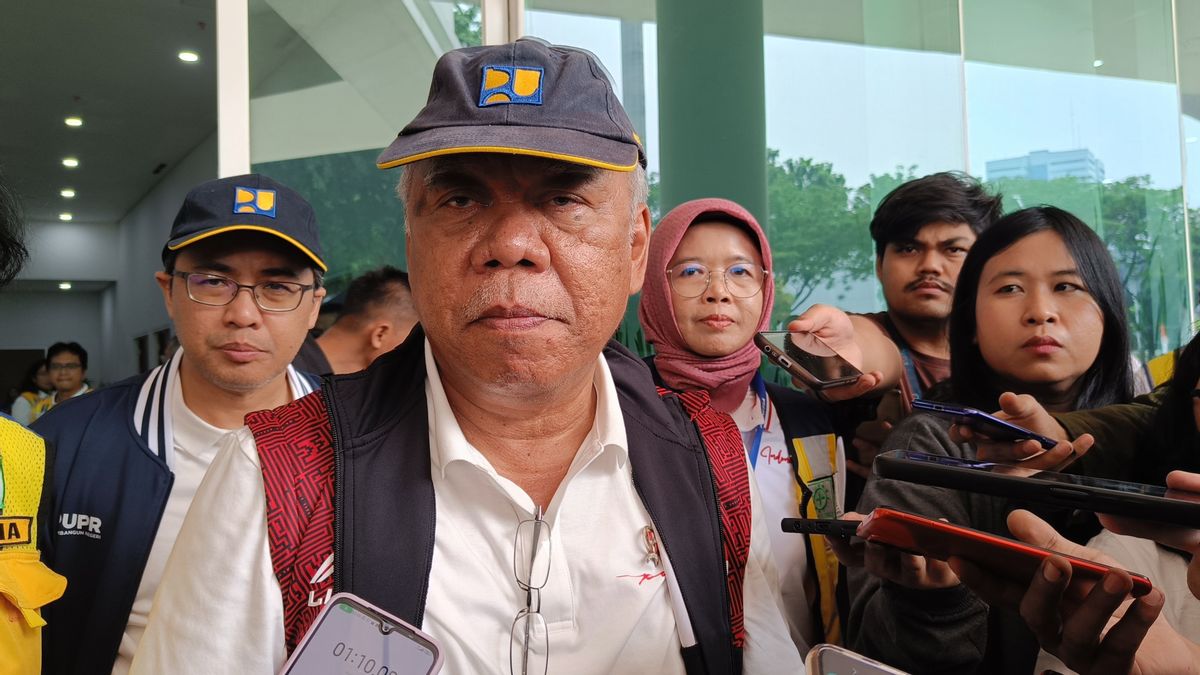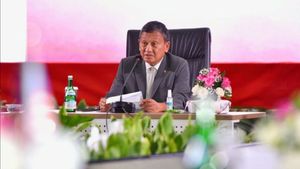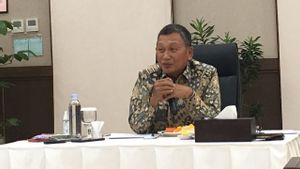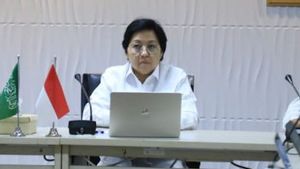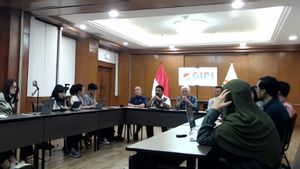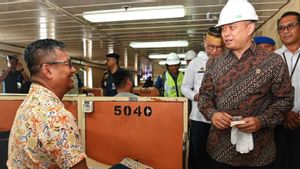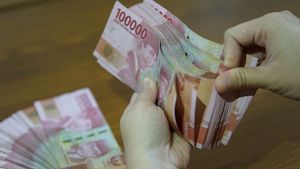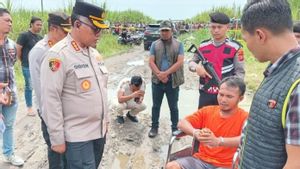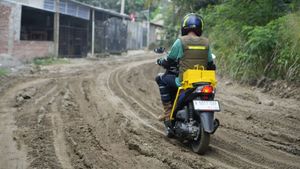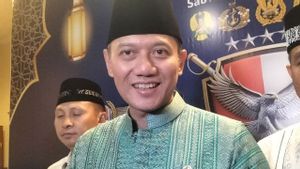JAKARTA - Minister of Public Works and Public Housing (PUPR) Basuki Hadimuljono said the waste processing program to energy was implemented through the Integrated Waste Processing Site (TPST) to produce new and renewable energy (EBT).
"The PUPR Ministry is developing an energy waste processing program (waste to energy) to utilize methane gas produced from waste as an alternative energy source that has been implemented in Balikpapan, East Kalimantan, and South Kalimantan Banjarbakula," Minister Basuki said in a written statement, quoted Thursday, November 23.
Minister Basuki said that the application of the Refuse-Derived Fuel (RDF) method would be carried out through TPST infrastructure.
"We apply the RDF method, such as at the Integrated Waste Processing Site (TPST) Tritih Lor in Cilacap Regency, Central Java, Cicukang Holis in Bandung City, Kersiman Kertalangu, Padangsambian Kaja, and Tahura in Denpasar City, Bali," he said.
In addition, Basuki said, his party will strengthen the use of 187 existing dams and 61 new dams built from 2015 to 2024, to provide renewable electrical energy from hydro and solar power.
Basuki said, of the 61 new dams built, 43 dams have the potential for a hydroelectric plant of 258 MW, including the Way Sekampung Dam (5.40 MW), Jatigede Dam (110 MW), Leuwikeris Dam (20 MW).
"In addition, we plan to build 11 additional dams in 2021-2027 which have the potential for a 122 MW hydroelectric power plant," he said.
He added that dams also have the potential to generate electrical energy using the floating solar power plant method which utilizes more than 20 percent of the surface area of dam puddles.
Meanwhile, President Joko Widodo (Jokowi) has inaugurated the Cirata Floating Solar Power Plant (PLTS) with a capacity of 192 MW.
"In addition to floating solar power plants, the Cirata Dam also serves a hydroelectric power plant with a capacity of 1,000 MW built and operated by PLN," he said.
اقرأ أيضا:
In accordance with President Jokowi's directives, Indonesia continues to strive to realize the Sustainable Development Goals through various sectors, including improving sustainable energy solutions that are in line with these global goals.
Indonesia continues to improve the provision of EBT in line with the seventh Sustainable Development Goal, namely ensuring access to new and sustainable energy that is reliable and affordable for all parties.
By choosing electricity production through EBT infrastructure, this can reduce greenhouse gas emissions in line with the 13th Sustainable Development Goal, namely taking quick action to overcome climate change and its impacts.
The English, Chinese, Japanese, Arabic, and French versions are automatically generated by the AI. So there may still be inaccuracies in translating, please always see Indonesian as our main language. (system supported by DigitalSiber.id)
